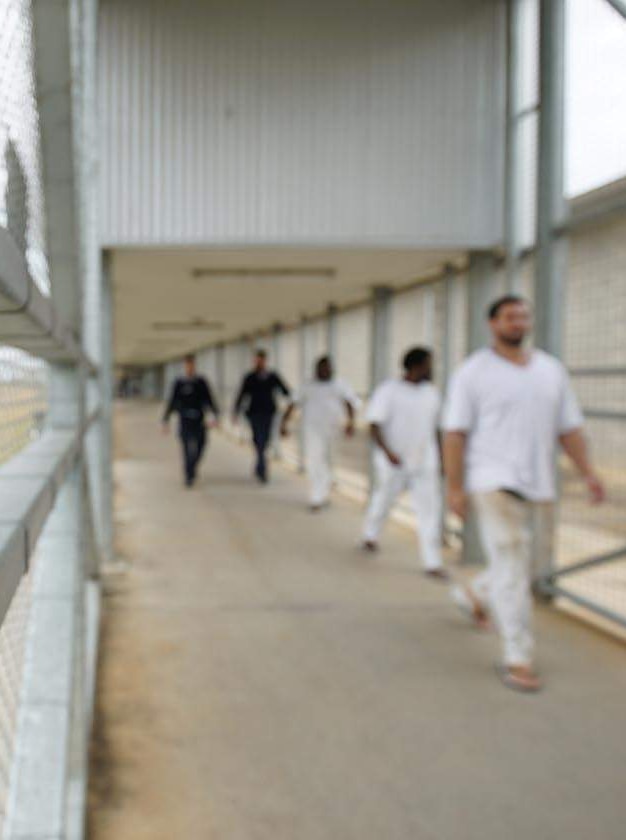South Australia’s Department for Correctional Services is facing legal action after refusing to distribute copies of a political newspaper for inmates ahead of the federal election.
Key points:
- Justice Action has accused South Australia’s Department for Correctional Services of suppressing voter information
- Lawyers will file legal action in the Supreme Court on Friday
- Voting is compulsory for prisoners serving sentences less than three years
The four-page “Just Us” newspaper contains information — including about prisoner rights and eligibility to vote — as well as articles outlining the policies of all political parties.
It been produced by the Justice Action advocacy group since 2004 and is distributed to prisons across the country — however, its circulation has been barred in South Australia.
Lawyers for the group were planning to file proceedings against the state’s Department for Correctional Services in the Supreme Court on Friday morning, May 6, in an attempt to overturn that decision.
Prisoner advocate and Justice Action coordinator Brett Collins said the legal action would target the department’s chief executive, David Brown.
“[Mr Brown] is the one who made the immediate decision,” Mr Collins said.
“The action will also be against the minister and against the government of South Australia, because it is a constitutional matter about the entitlement for all citizens, no matter whether they’re inside the institutions or in the general community, to be informed before they make their vote.
“It informs prisoners about things that affect them and, of course, the election affects everyone.”
A departmental spokesperson said the chief executive officer had provided a letter to the law firm representing Justice Action, detailing why the department decided not to disseminate its material.
While the department did not provide those reasons to the ABC, Mr Collins indicated the department had taken issue with an advertisement featured in the paper from an organisation called the Justice Reform Initiative, with the motto “jailing is failing”.
“That’s one of the issues [that] David Brown, the chief executive, has taken issue with. He says that’s objectionable,” Mr Collins said.
Prisoners have ‘constitutional entitlements’
According to the latest data from the Australian Bureau of Statistics, there are 40,862 people in custody across the country.
Prisoners serving a sentence of three years or longer are not entitled to vote, must must be enrolled.
Meanwhile, those serving sentences shorter than three years must cast a ballot.
They make up 52 per cent of the sentenced prison population.
Mr Collins said the refusal of the department to provide prisoners with some voting materials suppressed their democratic rights.
“The attitude of [the department] has been very restrictive, insofar as accepting prisoners are still part of the community, even if they’re locked in a cell,” he said.
“They have obligations and constitutional entitlements.”
In its statement, the department said it supported prisoners’ democratic rights.
“The Department facilitates prisoner voting in a fair, neutral and unbiased manner and is committed to ensuring that all eligible prisoners are able to vote in the upcoming federal election,” it said.
It said prisoners have access to mainstream print, television and radio media.
“It is inappropriate to comment further due to the imminent legal proceedings.”
Space to play or pause, M to mute, left and right arrows to seek, up and down arrows for volume.
Loading form…
Posted , updated




